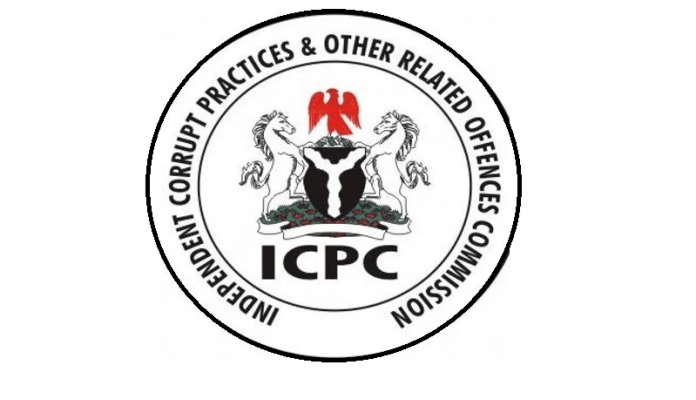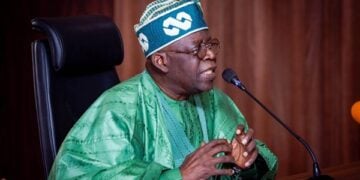The Independent Corrupt Practices and Other Related Offences Commission (ICPC), in collaboration with the Nigeria Union of Journalists (NUJ) and with the support of the MacArthur Foundation, has organised a one-day workshop aimed at enhancing journalists’ role in the fight against corruption.
The workshop, themed “Power of the Pen in the Fight Against Corruption,” brought together journalists, ICPC officials, civil society organisations, and academics to explore the media’s influence in promoting transparency, accountability, and good governance in Nigeria.
The workshop was held at Reiz Continental Hotel, Central Area, Abuja, yesterday.
At the opening session, NUJ’s national president, Comrade Chris Isiguzo, emphasised the crucial role of the media in the fight against corruption.
He urged journalists to seize the opportunity presented by the workshop to deepen their commitment to exposing corrupt practices.
Isiguzo stressed the importance of using journalism as a tool for transparency, stating, “We are committed to using our pens to expose corruption and promote transparency. Journalism is a powerful tool; this partnership will enhance our capacity to hold leaders accountable.”
The MacArthur Foundation’s country director, Dr Cole Shetima, said the foundation’s support for the event was part of its broader mission to promote good governance and combat corruption by empowering journalists.
In his speech, ICPC chairman Dr Musa Adamu Aliyu, SAN, underscored the importance of collaboration between anti-corruption agencies, journalists, and civil society in the fight against corruption.
He highlighted how the media could help educate the public on corruption issues and mobilise citizens to demand accountability from their leaders.
President and chairman of the council of the Nigerian Institute of Public Relations (NIPR), Dr Ike Naliaku, the keynote speaker, emphasised the crucial role of journalism in combating corruption amid blunt pen.
Dr Naliaku stressed the need for increased collaboration between the media, public relations practitioners, and stakeholders to expose and tackle corruption effectively.
He pointed out that the power of the pen, when used with integrity and commitment, can hold leaders accountable, raise public awareness, and influence policy reforms.
Dr Naliaku, who traced the history of corruption back to the colonialism era, emphasised that the pen has been badly and heavily threatened progressively and seems to have become blunt in Nigerian society.
Dr Naliaku also called for the active engagement of civil society organizations and other stakeholders in supporting the media’s efforts.
“Addressing corruption requires a united front where the media, civil society, public relations professionals, and government work hand in hand,” he remarked.
He urged journalists to remain ethical and objective, underscoring that trust between the media and the public is vital in the fight against corruption.
Dr Naliaku called on journalists to embrace a new approach in their reportage on corruption.
He highlighted the importance of shaping narratives that expose corrupt practices and encourage prevention, urging the media to present corruption as a societal ill that can be cured through collective effort and early intervention.
Dr Naliaku urged journalists to tell stories that inspire action, engage the public in the fight against corruption, and work with agencies like the ICPC to bring about long-term change.
He urged the ICPC chairman to consider adopting a fresh approach to the fight against corruption.
He recommended rebuilding public trust by involving citizens in the discourse and creating awareness campaigns that educate the masses on the dangers of corruption.
He noted that popularising anti-corruption measures and promoting prevention over punitive action would help shift the national mindset towards tackling the root causes of the problem.
“The fight against corruption is not just about punishment. It is about prevention. Journalists are responsible for educating the public, providing clarity on the issues, and helping rebuild trust in institutions,” Dr Naliaku concluded, advocating for a unified effort to eradicate corruption from Nigeria’s socio-political landscape.
Dr Naliaku commended the ICPC for organizing the workshop and fostering a platform for dialogue and education.





